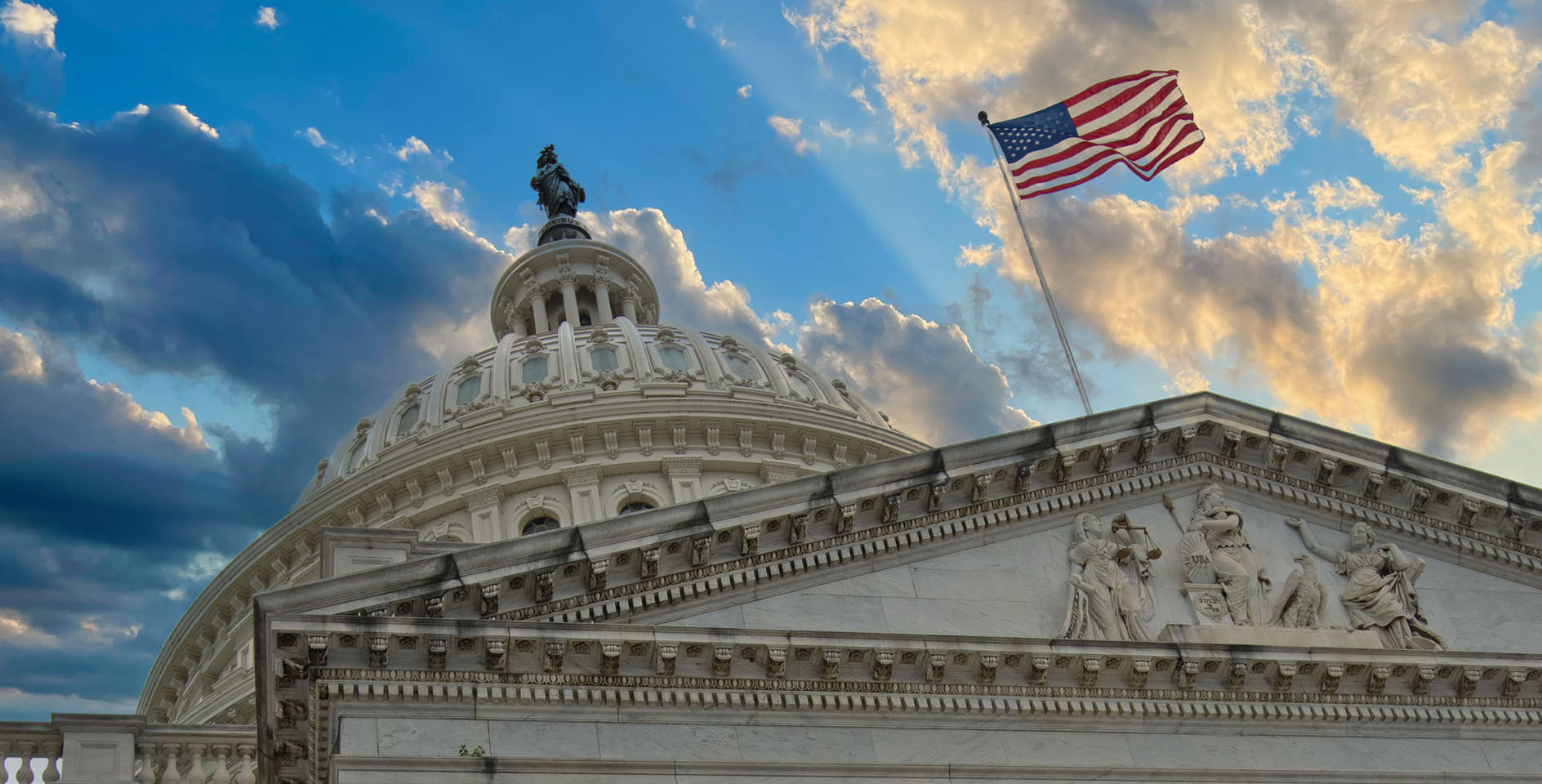Healthy engagement in the public square can feel like a fond memory of past decades, but we believe that Christians can still engage the public square today in ways that bring hope where it is desperately needed. In 2019, the ERLC, the Fetzer Institute, and LifeWay Research conducted a study on civility in the public square, interviewing a number of evangelical leaders. The study found that “the single most common adjective … interviewees used” to describe the current political discourse was “toxic.” As as a result, we often avoid political discourse. But if Christians avoid the political engagement altogether, could our disengagement from the public square be more harmful than we think? In Acts 17, the Apostle Paul shows us what healthy engagement in the public square can look like.
While in Athens, Paul was “deeply distressed” because the city was filled with idols. He was provoked by what he saw in the city. Yet, he didn’t shrink back from engaging, and he didn’t “power up” against the people. He began a reasonable discourse (v. 17). While some opposed and ridiculed Paul, others were intrigued by him and his ideas, and they invited him to the Areopagus—an official courtyard where issues were discussed and debated.
Paul was given the opportunity to speak in a way that compared and contrasted the widely held beliefs of the community with a Christian worldview. He knew his audience and respected them, but he also spoke with courage. In Paul’s example, we see four takeaways that can help us in political engagement today.
4 considerations for courageous and civil Christians for engagement in the public square
1. Listen to understand
In the study referenced earlier, Christian leaders offered several alarming observations.
- “We are not good listeners,” Danny Akin, president of Southeastern Baptist Theological Seminary, said. “We are really good at … talking at people, but we are not very good at listening to people.”
- Cherie Harder, president of the Trinity Forum, said public discourse is often a contest between “verbal gladiators.” We use our words in a way that harms people rather than helping them.
That is quite a contrast to the way Paul engaged the people of Athens. Instead of using words as his primary weapon, Paul first used his ears to listen and his eyes to observe.
- Listening to understand does not remove differences or create uniform agreement, of course, but it does create an opportunity to clearly understand the disagreement.
- And it honors the person across from you.
2. Confront others to promote Jesus
The Epicureans and the Stoics both had misguided views about God and creation, and those errant views had social implications that impacted the entire city and the welfare of its residents. But those views did not surprise or offend Paul. Instead, he understood the nature of humankind. He understood how sin has corrupted all of us, and he cared for the people of the city enough to begin his comments with their perspective in mind.
- Rather than simply criticizing or attacking the Athenians, Paul engaged their errant beliefs with a greater goal in mind. He was not content to win an argument.
- He hoped to win people over to a different way of thinking, believing, and living—by faith in the person and work of Jesus Christ.
- Christians must be willing and able to dialogue with people who hold opposing views, not as opponents but rather as those made in God’s image.
In the public square, that dialogue will often begin around issues of public policy and political import. But all these issues find their origin in the things of God. We may not share the gospel in every political conversation, but every hot-button debate gives us an opportunity to offer a more accurate picture of the nature of God, the nature of man, and the redeeming hope found in Jesus.
3. Seek to move hearts and minds
Along with his explanation to the crowds of God’s work in history, Paul deliberately appealed to one of the core tenets of the faith; namely that every human is stamped with the image of God and is worthy of respect.
- Instead of preaching or heralding the gospel as we would expect in a local church setting, Paul understood his particular situation in the public square and “reasoned” with people both in the synagogue and at the Areopagus in a way the Lord might use to move hearts and minds.
- He was passionate, but not angry or over the top. He chose his words well so thoughtful people might be curious enough to ask more questions.
4. Invite everyone into the conversation.
Paul used his moment in the public square to talk about the person and work of Jesus. His message was clearly a gospel-centered message which, no doubt, invited criticisms from the crowd, but Paul did not shy away from controversial issues. He knew that Jesus is the only way to God for everyone, so he invited everyone to consider his claims.
No one is persuaded to a new way of thinking by argumentative, sarcastic, or condescending speech. We may win the “verbal gladiator” duel like that, but strongly held beliefs, as wayward as they may be, are loosened through prayerful, reasoned, and courageous conversation. The power of our words is not in their volume or venom but in the veracity of the gospel demonstrated by our love for others.
- Paul was intentional to engage people who would disagree with him, and in doing so, he won some over.
- He did not allow his personal convictions to isolate him from people who did not hold those same convictions.
- Instead, he welcomed everyone into the conversation because he knew there is nothing more important than exposing people to the gospel of Jesus Christ and making an appeal for them to believe.
When we, like Paul, engage people with various viewpoints in significant dialogue we make more progress than we would by staying behind our religious or political walls. What’s more, the gospel gets more of a hearing, and more people take new steps toward Jesus. Could it be that we fail to make progress in the public square because we neglect to invite everyone, including our opponents, into the conversation?
Go into all the earth, including the public square
The apostle Paul was not a politician, but he found himself in a public setting speaking to politicians about the welfare of their city from his perspective as a Christian. In other words, Paul was a public theologian in Athens.
Similarly, God has given each of us a unique platform for public engagement—we are all public theologians. Even in a politically contentious environment, Christians can and should engage in the public square, and do so with both courage and civility.
It’s our public political engagement that God uses to help people from different backgrounds and worldviews understand the ways of God, experience the common goodness of God, and respond in faith to the redeeming work of Jesus Christ, for, “How will they call on him in whom they have not believed? And how are they to believe in him of whom they have never heard? And how are they to hear without someone preaching? And how are they to preach unless they are sent” (Rom. 10:14–15)?
Christians are those who have been sent into all the earth to bear witness to the good news of Jesus Christ—and that includes the public square. May we do so with courage and civility.









